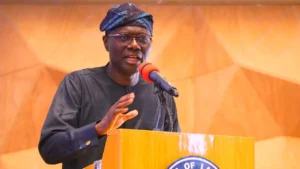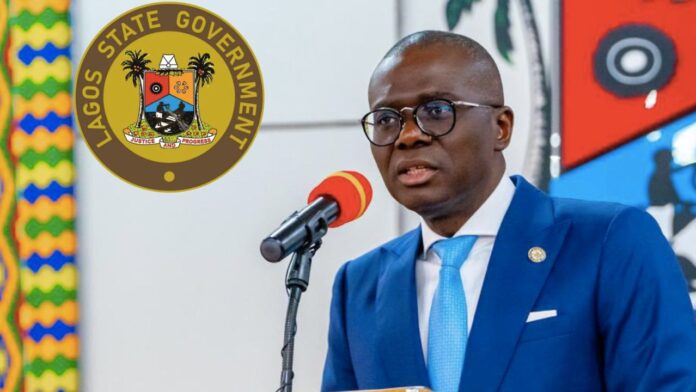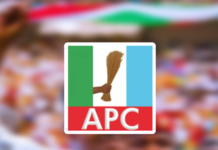Lagos State Governor, Babajide Sanwo-Olu, has expressed his full support for the federal government’s tax reform initiative, stating that the state’s stance is “extremely comfortable.”
Sanwo-Olu shared his views during an interview with the News Agency of Nigeria (NAN) at the Africa Investment Forum, Market Days 2024, held in Rabat, Morocco.
He urged citizens to thoroughly examine the details of the reform to grasp its intended objectives. The governor refuted claims that Lagos would be the primary beneficiary of these reforms, indicating that while the state might face losses in certain areas, it would also gain significant opportunities for enhanced involvement.

Describing the reform as “wonderful,” Sanwo-Olu highlighted that Nigeria’s tax-to-GDP ratio is among the lowest globally, underscoring the necessity for reform. He reassured that the reform’s goal is not to disadvantage anyone but to improve the circumstances for all Nigerians.
“What some critics of the tax reform fail to recognize is that you can’t make an omelette without breaking a few eggs,” he remarked. “You cannot initiate change without implementing reforms. I encourage everyone to take time to understand what the reform aims to achieve.”
He addressed misconceptions, stating, “There are comments suggesting that Lagos will be the main beneficiary, which is false. While Lagos may face challenges in certain aspects, overall, we see this as a global strategy for improved governance.”
The governor emphasized that the reforms will require effort to reap their full benefits, stating, “We all need to work harder to realize the advantages of these changes. It’s not simply a quick fix.”
Sanwo-Olu acknowledged potential losses for Lagos but reiterated that there will also be expanded opportunities for the state to play a more significant role in governance.
“I maintain a positive outlook on these reforms; they are indeed significant,” he stated. “The current tax-to-GDP ratio in Nigeria is far too low. Changes are necessary, and we must remain optimistic, recognizing that the aim is not to harm anyone but to enhance the welfare of all citizens.”
The tax reform proposals introduced by President Bola Tinubu have sparked considerable debate, with some governors and traditional leaders in Northern Nigeria opposing the bill, arguing that it does not serve the interests of the North or other regional entities.
Key elements of the proposed reforms include an increase in Value Added Tax (VAT) from 7.5% to 10% by 2025, a 27.5% corporate tax rate, a 4% development levy on businesses, and a 5% excise tax on lottery and gaming revenues.




